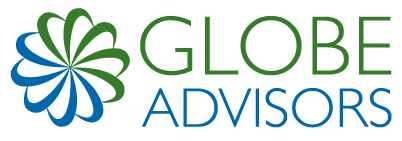“The team that makes the most mistakes usually wins, because doers make mistakes.” Coach John Wooden

Eamonn Percy Founder and Principal, Percy Group Capital + Business Advisors Advisor, Speaker, Columnist, on Business Growth and Leadership
By Eamonn Percy
Successful business owners are keenly aware of their own limitations. They avoid the bravado of believing they are exceptional at many things, since the time and experience have taught them otherwise.
With the benefit of time, they shrink their personal circle of competence, while expanding the business’ competence with teams. They take actions to compensate for their own limitations by surrounding themselves with an exceptional people, with complementary skillsets in the form of a great team.
In my own career, I have had the benefit of being part of truly excellent teams and teams that were just awful. From a young engineer to an executive, I have experience both, and I know the differences can truly make or break a business!
Over the years of working with successful business owners, I have noticed several key attributes they use when building high performing teams, including:
Accountability: Teams are places where work gets done, not where people hide. A team works hard to create an environment that combines the right mix of cooperative team performance and individual accountability. In other words, everyone has a role to play and everyone must play that role well!
Structure: Teams are formed with the right mix of complementary skills, but with some dramatic tension necessary to keep the creativity and energy level high. Usually small, 3-6 people, with clear roles and accountabilities, with about 80% of the resources necessary in order to foster creativity to come up with the balance.
Duration: Even high performing teams wane over time, so they limit their duration or rejuvenate them with new members and tasks periodically. It’s a team, not a committee.
Goal: Successful business owners always give the team a very specific task, which can be measured, is aligned with the long-term goals of the company, and inspire the team members to action. These are tasks best accomplished by the team, otherwise it would go to a high performing individual.
Inspiration: People need to feel like they are doing something worthwhile, which makes it easier to slog through the mundane minutiae of getting work done. Inspirational tasks where you feel like you are making a difference is the key to a productive task.
Learning: Great businesses are built for the long haul, and successful business owners use teams as a great way to build organizational capability and individual learning. People learn from one another, from the team experience, from their own introspection and ultimately from the success or failure of the mission.
Ultimately, any business really is about people, and people perform best when energized, supported and held accountability by those they admire, respect and want to work with.
The essence of a great team is to leverage all of these factors in order to achieve extraordinary levels of accomplishment which could not be possible with one person.
This article appeared originally in Growth By Design. A weekly newsletter published by The Percy Group Capital + Business Advisors and is reprinted here with the kind permission of the author.

